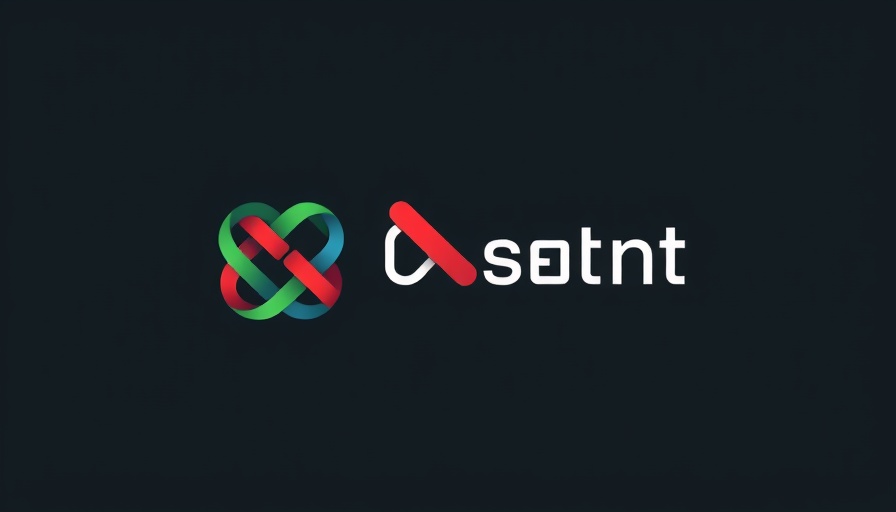
Uncovering the Fraud: A Closer Look at South Africa's Driving License Scandal
In a recent high-profile instance of corruption in South Africa, four individuals have been arrested in connection with the fraudulent issuance of driving licenses in Limpopo's Lephalale region. This incident underscores a persistent issue regarding integrity and accountability within public services, particularly in transportation sectors that directly influence public safety.
Consequences for Governance and Public Trust
Amid widespread allegations of bribery and corruption permeating various levels of governance, these arrests serve as a reminder of how deeply corruption is entrenched in the systems designed to protect citizens. The Road Traffic Management Corporation (RTMC), which spearheaded the investigation alongside the Directorate of Priority Crime Investigations (Hawks), confirmed that these arrests follow a previous sting operation in February where 23 individuals were apprehended at several testing stations.
While the recent captures highlight ongoing efforts to root out malfeasance, they also raise significant questions about the effectiveness of these institutions and their ability to restore public faith in government services.
Broader Implications for Business and Economic Stability
The ramifications of such fraudulent schemes extend beyond individual misdeeds; they touch upon the very foundation of the economic and political landscape in South Africa. For business leaders and investors, the perception and reality of corruption can deter investment and stifle economic growth. While the RTMC has urged citizens to report corruption, the recurring nature of such scandals denotes a systemic problem rather than isolated incidents.
Corruption not only hinders effective governance but also exacerbates socioeconomic disparities, raising alarm bells for policymakers and stakeholders who aim to foster a robust business environment across the continent.
A Call for Transparency and Accountability
The recent events highlight the critical need for transparency and strict adherence to ethical standards in public administration. South Africa's geopolitical standing within global trade and foreign relations is influenced by its internal practices. As the nation grapples with these integrity issues, international observers await indications that the country is committed to genuine reform.
As further investigations unfold, the spotlight remains on measures needed to bolster ethical compliance in public service roles. Actions taken against the culprits could set precedents for governance, which may ultimately shape Africa's position in international economic spheres, particularly as countries seek partnerships founded on mutual trust.
Bribery, fraud, and corrupt practices linked to driving licenses can have severe implications for public safety and governance. Members of the public can confidentially report such acts of fraud through the RTMC's established communication channels, aiming toward collective action that can lead to systemic change. Advocating for accountability in management offices is vital for the stability of both the African economy and its governance models.
 Add Row
Add Row  Add
Add 


 Add Row
Add Row  Add
Add 

Write A Comment